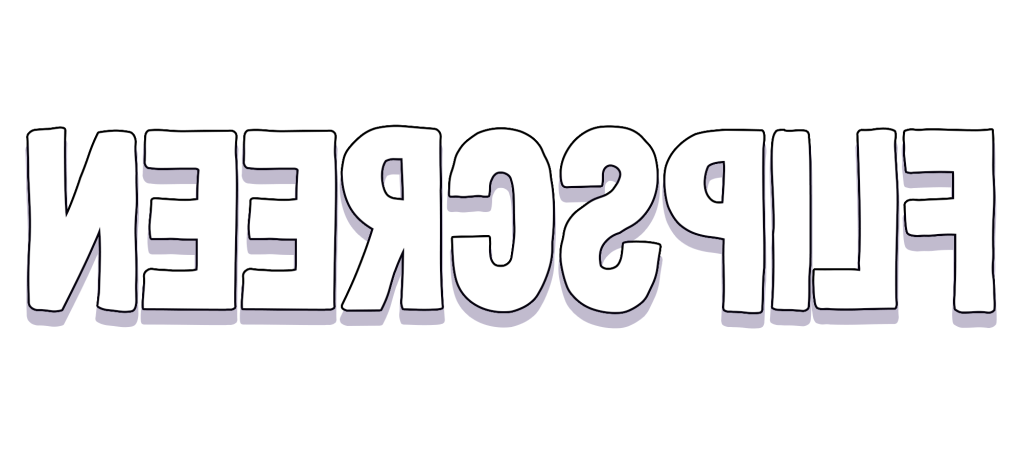“It’s not my fault if my ‘Let’s skate’ vibe and my ‘Let’s smash’ got some overlap.”
Following in the footsteps of Crystal Moselle’s 2018 release Skate Kitchen, the six-part series that is Betty (2020) presents the characters of the movie in a manner that is both more complex and approachable, as it allows us to look deeply into each character’s persona over the course of six episodes. Moselle highlights key experiences through the lens of what it means to not only be a female skater in a male-dominated landscape, but also what it means to be a Camille (Rachelle Vinberg), a Honeybear (Kabrina Adams), an Indigo (Ajani Russell), a Janay (Ardelia Lovelace), and a Kirt (Nina Moran); a quintet as complex as the tricks they end up shredding on their boards. With this in-depth focus on each on the characters throughout the six episodes and through a series of articles describing the various themes that Betty addresses, we come to see not only how gender plays a massive factor in their lives and individual experiences, but also how sexuality and race carry their weight on an hourly basis through the ins and outs of these skaters.
The Camera as Sexual Agency:
People say things to the camera that they’d never say to your face.
The female gaze. It’s not a category that is one size fits all, and through the lens of Honeybear, we see how she captures the intersections of her sexuality against the closeted nature of not being out to her father and grandmother. Changing from a stark school-like uniform to color-blocked fits, complete with an assortment of ‘titty stickers’, Honeybear conceals her sexual identity only until she steps foot on the grounds of the metropolis, standing colorfully clad alongside fellow skaters. From the moment we meet Honeybear in the show, we witness her profound grip on her camera and how she uses it to document the world of skateboarding around her, even capturing a key moment that helps save the yellow backpack of a skater friend when it gets stolen at the skatepark in the rush to get out of the sudden rain. In the process of filming her friends, the lens – and Honeybear by extension – captures the movements of Ash (Katerina Tannenbaum), a fellow skater girl who Honeybear begins crushing on, though she initially denies it to Kirt and Indigo. For Honeybear, the camera works as a conduit through which she can express her feelings for Ash, as they go on a date together and Ash explains her dream of scoring films and inquires on Honeybear’s love for filmmaking. Through this exchange, and through the camera, Honeybear voices her crush on Ash and for her hope that the date isn’t going as awkward as she says she is, to which Ash notes, “You’re not screwing it up.”

After spending a day over at Ash’s, Ash walks Honeybear to the train to go back home and they proceed to kiss goodbye until Honeybear spots her father walking down the train station, which leads her to force Ash and her into the shadows of a train station column. Walking out of the station, Ash vocally reveals the truth of Honeybear’s home situation that the audience witnesses at the beginning of Episode 2 (Zen & The Art of Skateboarding): Honeybear isn’t out to her family. While this concept of being “in the closet” isn’t unseen, Honeybear’s statement, “There’s no ‘in’ or ‘out.’ I don’t do labels,” is a claim that restricts the desire for LGBT+ to be bracketed into a singular label. While labels have allowed those in the LGBT+ community to find a sense of community and belonging, they still prove to be restricting in depicting the truth of one’s individual situation. Honeybear knows she likes women and is out to her friends, but at home, what is she if she’s not showing either of those feelings? Is it closeted or is it simply feeling safe in an identity that doesn’t need to be revealed to her family?
For Honeybear especially, the idea that coming out is essential to becoming her authentic self is not necessary, because she knows how she feels about Ash. It does not take an entire coming-out story to be gay or to a lesbian or to be bisexual or trans. It’s enough to feel without the entire world knowing, and as Honeybear tears up on the way home, thinking about how much she cares about Ash, the idea of coming out diminishes into the obsolete as she realizes what matters most in the current moment. Using her camera and the power of video, Honeybear apologizes to Ash through an apology video using the same footage from their first date on the edge of the concrete river, alongside footage of her friends and time spent with Ash. With an acknowledgement of having seen the video, Ash nudges Honeybear as they go on to join the rest of the girl skate sesh, a push in the right direction towards a love that is honest and accountable and unphased by the outside world.


Leave a comment